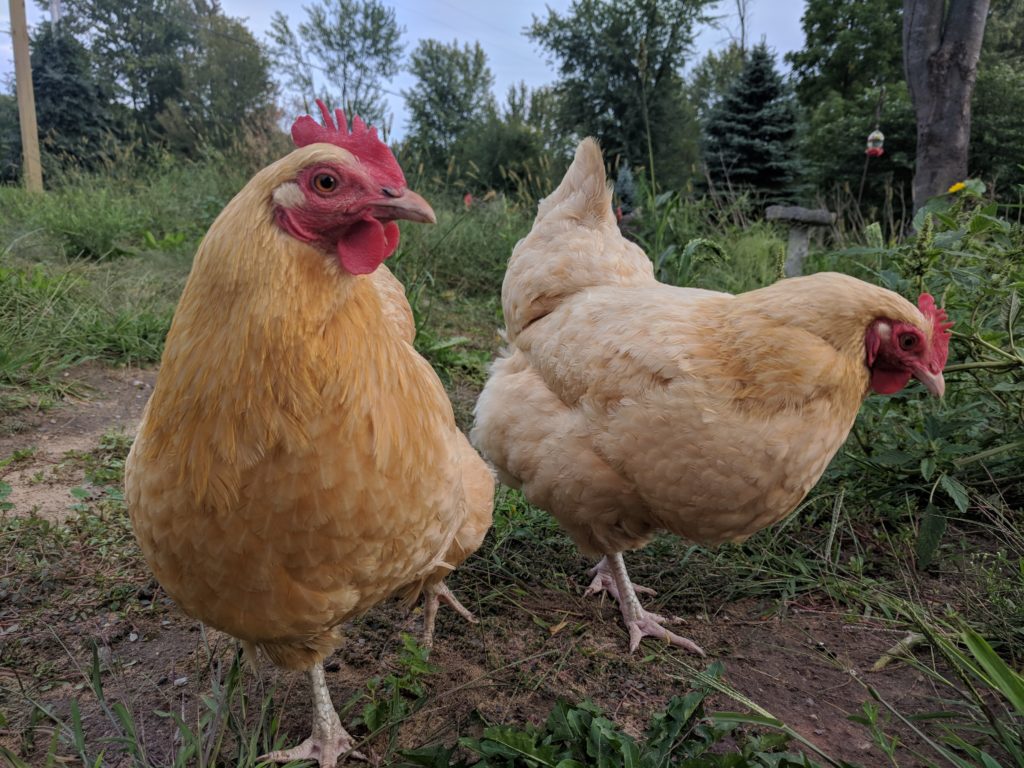Twenty-four countries have closed their markets to Belgian poultry, as bird flu outbreaks in the region continue.
Those countries include Russia, Ukraine, China, South Korea, Japan, Taiwan, Hong Kong, Singapore, the Philippines and the United Arab Emirates, according to figures requested by MP Leen Dierick.
“The bird flu virus did not spread massively in our country and only a few poultry companies actually have to deal with it on their premises. Nevertheless, the economic damage is not to be underestimated,” said Dierick.
“New information shows that not 17 but 24 countries have closed their markets to Belgian poultry.”
The number 17 came from the Agriculture Minister David Clarinval back in February. The new, higher number was only learned this week.
“I regret that the Minister did not communicate this earlier to the sector,” Dierick said.
“This is a new blow for the trade in Belgian poultry. The Minister did not give any further clarification about which countries are involved. Our poultry farmers are entitled to clarity.”
Dierick said they intend to submit a request for more information about which new countries have banned Belgian poultry, and that they expect further issues to arise for the sector as a result of Brexit because the UK is an important trading partner when it comes to Belgian poultry.
“We must be aware that the bird flu virus is a recurring phenomenon and requires a European approach to tackle the disease. Crisis management of an outbreak alone is not enough, we must stop the circulation of the virus within Europe,” Dierick said.
A new outbreak of the highly pathogenic avian influenza (type H5N8) was discovered recently at a hobby farm in the province of Hainaut in Wallonia, according to the Flemish infocentre for agriculture and horticulture (VILT).
Belgium’s Federal Agency for the Safety of the Food Chain (FASFC) said that it’s closely monitoring the situation in Belgium and has regular consultations with other Member States and the European authorities, and that all parties involved in the poultry sector have been informed of the situation.
“This contamination shows that the bird flu virus has not yet completely disappeared in Belgium and that all poultry farmers should still be careful,” FASFC said.
Temporary zones with additional measures to contain the spread of the virus have been set up around the source of the outbreak, which concerns a surveillance zone of ten kilometres, a protection zone of three kilometres and a temporary buffer zone of half a kilometre.
In these zones, additional measures will be taken for professional and private poultry farmers.
In the rest of the country, no new measures are being taken.
All professional keepers within the surveillance and protection zone will have to draw up an inventory within 24 hours indicating how many animals are kept per species. Within the buffer zone, hobby farmers will also have to submit an inventory within 48 hours.
Movement of poultry, other birds and hatching eggs is prohibited in the containment zones, and all gatherings - such as fairs, markets, exhibitions and prize competitions - of poultry and other captive birds are prohibited.
Similar outbreaks have occurred in France.
The virus that is currently circulating, and has been doing so for the past few years, is not transmissible to humans, according to VILT. Poultry meat and eggs can be consumed in complete safety.
More information about the bird flu virus can be found on FASFC’s website.

